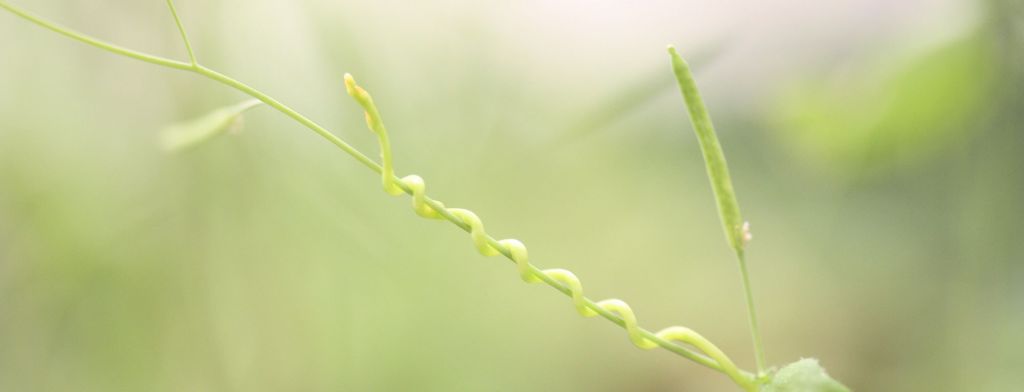
Penn State offers a wide variety of graduate programs in the life sciences. MCIBS is an inter-disciplinary Ph.D. program that spans multiple departments and colleges. It has more than 120 faculty members, and additional faculty members can join if their interests fit within the broad scope of the program. This means the program is flexible and responsive to both the faculty members and students. However, it is important to be aware of how MCIBS differs from other graduate programs at Penn State so that you can find the best fit.
Campus Information
Many graduate programs are located at the University Park Campus in State College, Pennsylvania. Penn State also has a medical school in Hershey.
This overview will focus on different graduate programs at the University Park campus, which serves about 35,000 undergraduates and offers a variety of options for graduate training.
Degree Types
Master’s Programs
The Master of Biotechnology graduate program trains master’s students. The College of Agriculture and the College of Health and Human Development also offer master's degrees.
Ph.D. Programs
There are two major flavors of Ph.D. programs, department-based programs and inter-disciplinary programs. Depending on your interests, either of these types of program may be a better fit.
In departmental graduate programs, graduate students are immediately integrated into their department home, and they typically choose a mentor from among the faculty members within that department. They also might serve as a teaching assistant in that department.
Inter-departmental graduate programs are more flexible; students typically explore offerings from multiple departments before choosing a mentor. These graduate programs are run by the Huck Institutes of the Life Sciences, which has the mission of bridging boundaries to facilitate advances in the life sciences.
Note: Some programs match applicants to individual faculty labs as part of the application process and the student is accepted by the lab and program. Other programs accept students into the program and match them with faculty members after the students arrive. Typically in this second type of program, students spend time in three labs during their first year before choosing a thesis lab. MCIBS is a rotation-based program that offers students access to many of the life sciences faculty members at Penn State.
Inter-college Graduate Programs
In the life sciences, inter-college graduate programs are mostly administered through the Huck Institutes of the Life Sciences.
- Bioinformatics and Genomics
- Ecology
- Molecular, Cellular, and Integrative Biosciences
- Neuroscience
- Integrative and Biomedical Physiology
- Plant Biology
Departmental Life Sciences Programs
Some different departmental programs to explore:
- Animal Science
- Anthropology
- Biobehavioral Health
- Biochemistry and Molecular Biology
- Biomedical Engineering
- Biology
- Entomology
- Food Science
- Nutritional Sciences
- Pathobiology
- Plant Pathology and Environmental Microbiology
- Psychology